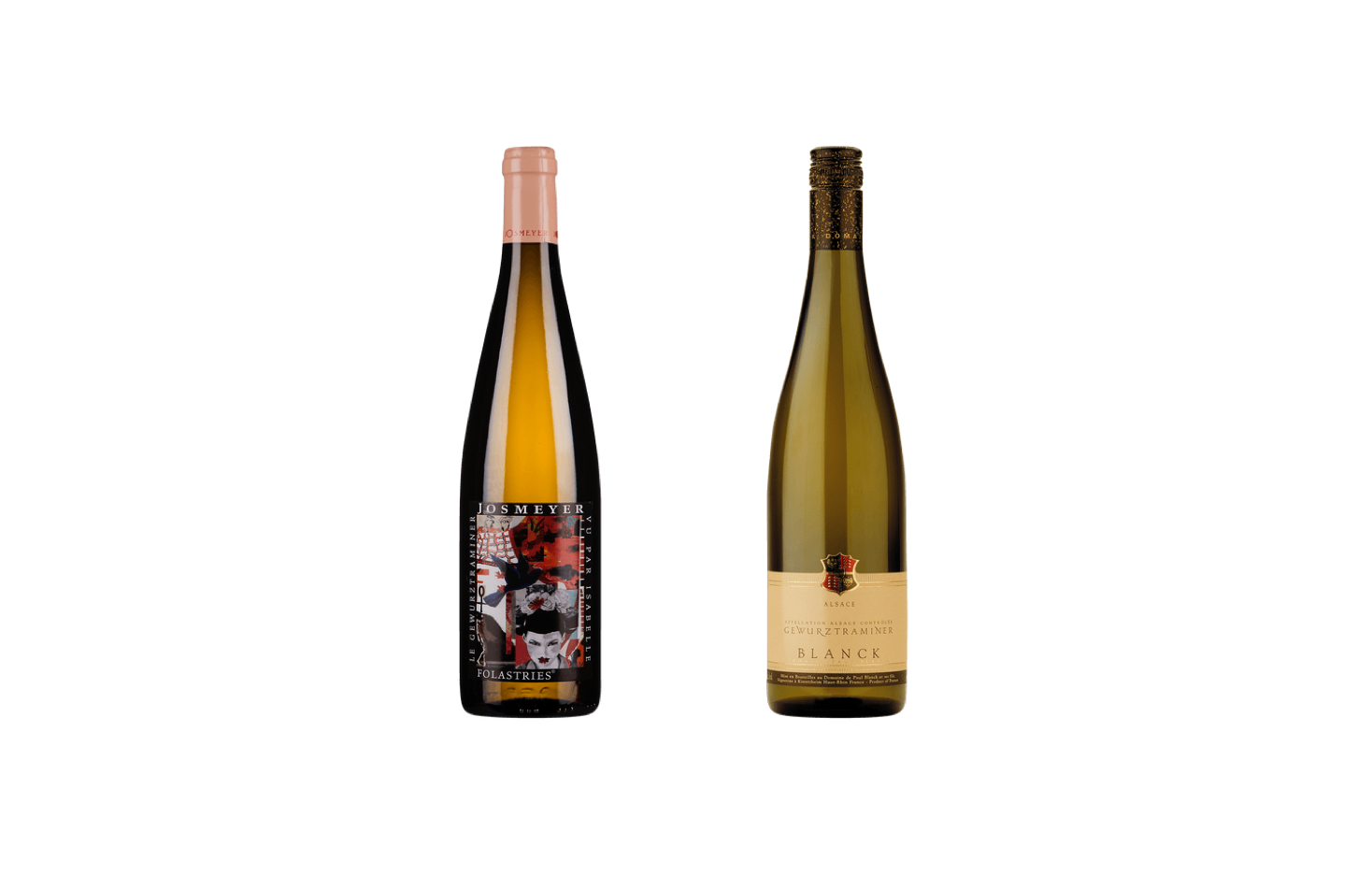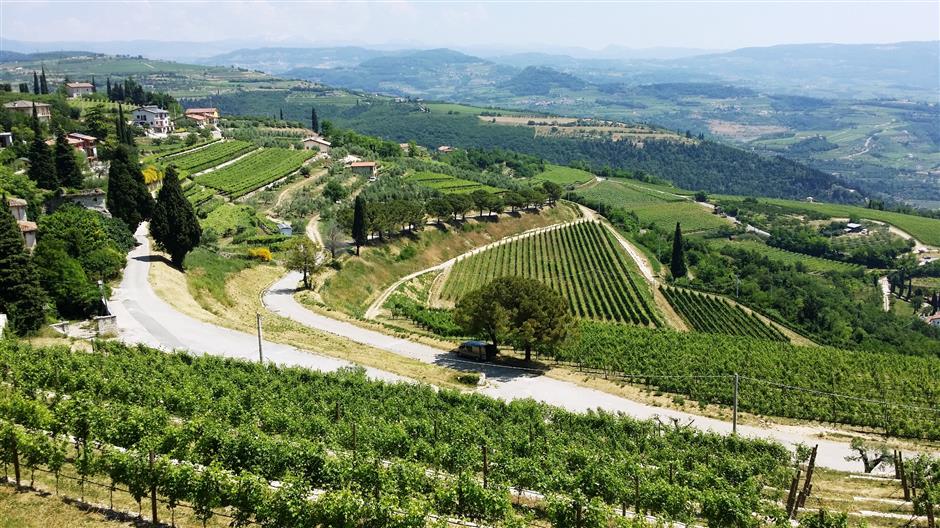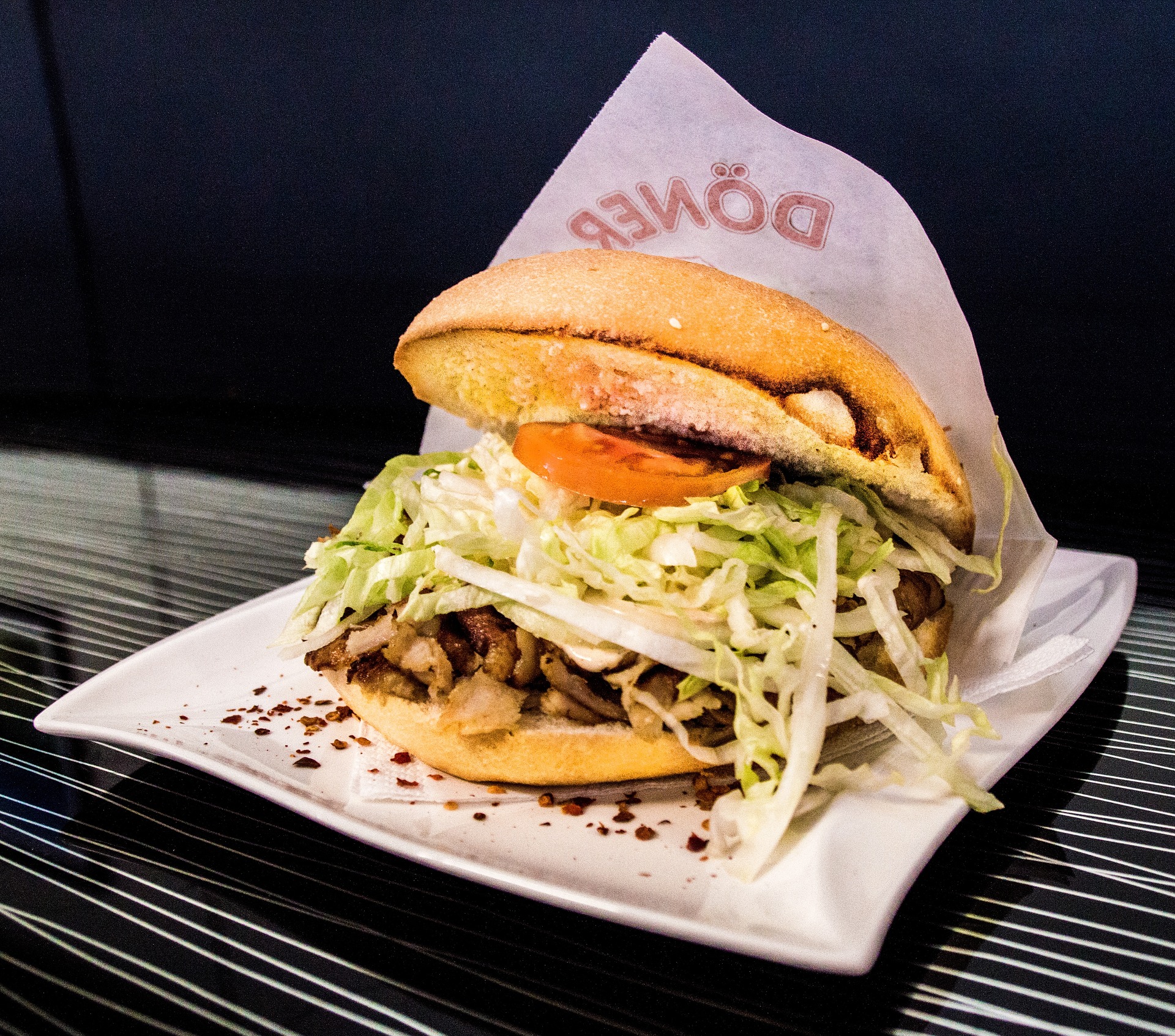What’s the most singular aromatic expression of spring? For me it’s flowers. Though wine is made of grapes, it has an extraordinary ability to offer a multitude of different pleasing aromas, including flowers. So when I think of spring, I think of wines with abundant floral aromas and a freshness that reflects the fresh breezes of the season.
Smell is one of our most powerful and discriminating senses. It is also quite important in our memory. Distinct aromas can be powerful reminders of the past, whether it’s the perfume of you mother, dishes cooking in your childhood kitchen or the indigenous flowers of spring in your hometown. Wine appreciation is also tightly linked to memory and one key component in any wine tasting is appreciating and discerning the aromas. Though usually not the first or mightiest aroma or flavor, sensations of flowers play an important and enjoyable role in wine appreciation.
A few technicalities
In professional wine tasting we usually make a distinction between the terms aromas and bouquet. Aroma refers to special or unique smells that are typical of the variety, while bouquet refers to the wider spectrum of smells that can also come from fermentation, oak aging and other aspects of winemaking. In more casual wine tastings, it’s perfectly alright to use the terms interchangeably.
Wine professionals will also often refer to primary aromas, those first and most obviously apparent in the wine that are usually distinct to the variety, and also secondary and tertiary aromas that may come from the winemaking process as well as bottle-aging. With the risk of confusing you even further, there are two major compounds that contribute to a wine’s smell, one volatile and the other non-volatile. When you smell a wine what you’re actually sensing is the vaporized aromas of these compounds. Over the past three decades winemakers have put an increasing importance on the science of aromas and the resulting quality of wines. One aroma compound that has been identified is monoterpenes, sometimes referred to as terpenes for short, that’s responsible for the floral aromatics of many varieties.
The tastes of a wine are actually intimately linked to the aromas. In fact, taste sensations in the mouth are limited to acidity, bitterness, saltiness, sweetness and umami. When wine enters the mouth it is warmed and mixes with saliva causing a small vaporization of some of the liquid that is retro-nasally inhaled through the back of the mouth resulting in heightened sensation of flavors. In short, this means your nose is connected to your mouth and helps you perceive many more flavors on your palate.
Floral whites
Think flowers, and wines and the first varietal to jump to mind may well be Gewurztraminer; a grape that’s a whole lot easier to drink than to say. This now quintessentially German grape actually originated over a thousand years ago in Temeno in the German-speaking Alto Adige region of northern Italy. In addition to Germany and northern Italy, good Gewurztraminer wines also come from Alsace in France as well as New Zealand and Australia. The most frequent floral notes of this varietal are rose petals and Lilly of the Valley which are often complemented by aromas of exotic spices.
Another popular German varietal in the aromatics family of wines is Riesling. Considered one of the most noble of all white wine varieties, Riesling has been cultivated in Germany for at least 500 years and typically makes intense and complex sweet and dry wines with rich floral aromas of apple blossoms, lime tree blossoms and other flowers. German varietals certainly don’t have a monopoly on floral attributes. The Viognier grape cultivated in many wine regions but best known for complex, age-worthy white wines in the Northern Rhone; often exhibits vibrant white flower, orange blossom and wild floral qualities. The Albarino grape from the northwest of Spain is also rich in terpenes that cause stimulating scents of fresh-blooming white flowers.
Primarily planted in Argentina, the Torrontes variety is one of the best examples of flowers in a glass with with pungent honeysuckle and jasmine flower aromas. Despite being not as well known as the aforementioned varieties, I’ve had great success serving young and aromatic Torrente wines in China. Finally, let’s not forget the world’s best known grape for making sweet wines, the Muscat. Calling a good Muscat wine aromatic is a vast understatement. Perhaps the most aromatic of all wine varieties, the Muscat grape makes wines are meant to be enjoyed as much with the nose as with the mouth. Along with the strong honey and ripe fruit aromas and taste sensations Muscat sweet wines often explode with fragrances of orange blossoms and white flowers.
Some of my favorite white wines with abundant floral aromas that you can experience here in Shanghai are Gewurztraminers from the producers Josmeyer and Paul Blank in Alsace, France. For beautifully flowery Rieslings try Egon Muller and Joh. Jos. Prum, both from Mosel, Germany. For enticing aromas of orange blossoms I suggest the lovely Ailzie Regional Collection Viognier from Yarra Valley Australia. Excellent Spanish Albarinos with clean fruit flavors and enticing hints of white flowers are from Martin Codax and Pazo Senorans. Florally aromatic and budget-worthy Torrontes wines from Argentina are made by the producers Norton, Dominio del Plata and Callia. There are numerous floral Muscats but two of my favorites are the elegant Jaboulet Muscat de Beaumes-de-Venice from the Rhone and the Pio Cesare Moscato d’Asti, a real charmer from Piedmont.
Floral reds
Though the perception of flowers in red wines is usually more subtle than in white wines, some red wine have definite floral characteristics. Pinot Noir is a good example. Some young Pinots offer lively scents of rose petals while more mature Pinots often have heady bouquets of violets. The Nebbiolo grape indigenous to the Piedmont region in northwestern Italy commonly offers rich scents of roses and violets. This noble variety makes two of Italy’s greatest red wines, Barolo and Barbaresco. Violet aromas are also quite common in Malbec reds from Mendoza, Argentina and in some Merlots. The Greeks and Romans associated violets with the gods and this is pretty easy to understand when you taste one of these floral reds.
As the fresh and rejuvenating sensations of spring approach our city, there’s nothing more enjoyable than savoring the charming scents and flavors of flowers in your glass.





